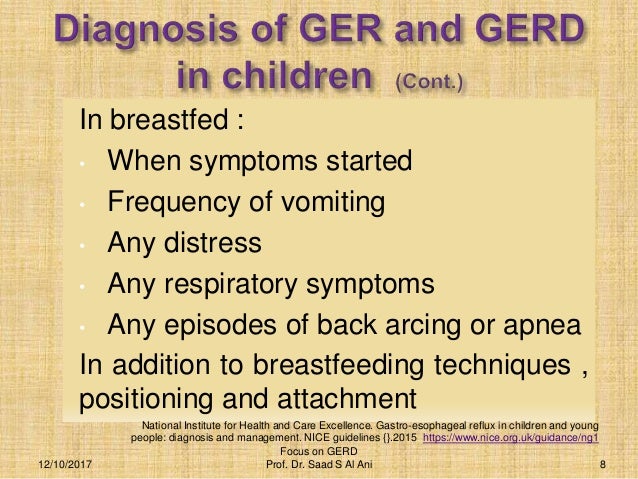Treatment of refractory gastroesophageal reflux disease figure 4 illustrates a proposed treatment algorithm for patients with refractory gerd after confirming the diagnosis of gerd, alterations in ppi therapy (type, dosage, timing) is the first step other medications (prokinetics and h2 receptor antagonists) could also be tried. Refractory gerd treatment guidelines. Nonacidic reflux, rather than acid reflux, appears to be the main driver of symptoms in ppi refractory cases 32 therefore, the diagnostic yield of traditional catheter-based or wireless (bravo) ph monitoring is limited in ppi refractory gerd patients because of their inability to measure nonacidic reflux 33 combined multichannel intraluminal.
refractory gerd treatment guidelines
Missed acid gastroesophageal reflux, functional heartburn, or diseases such as achalasia or gastroparesis (figure 2) figure 2 a potential treatment and test approach for patients with suspected refractory gerd. Gastroesophageal reflux disease (gerd) is mainly a clinical diagnosis based on typical symptoms of heartburn and acid regurgitation. current guidelines indicate that patients with typical symptoms should first try a proton pump inhibitor (ppi). if reflux symptoms persist after 8 weeks on a ppi, endoscopy of the esophagus is recommended, with biopsies taken to rule out eosinophilic esophagitis.. The american college of gastroenterology (acg) has updated its guidelines for the diagnosis and treatment of gastroesophageal reflux disease (gerd) to reflect the continuing advances in this area..







